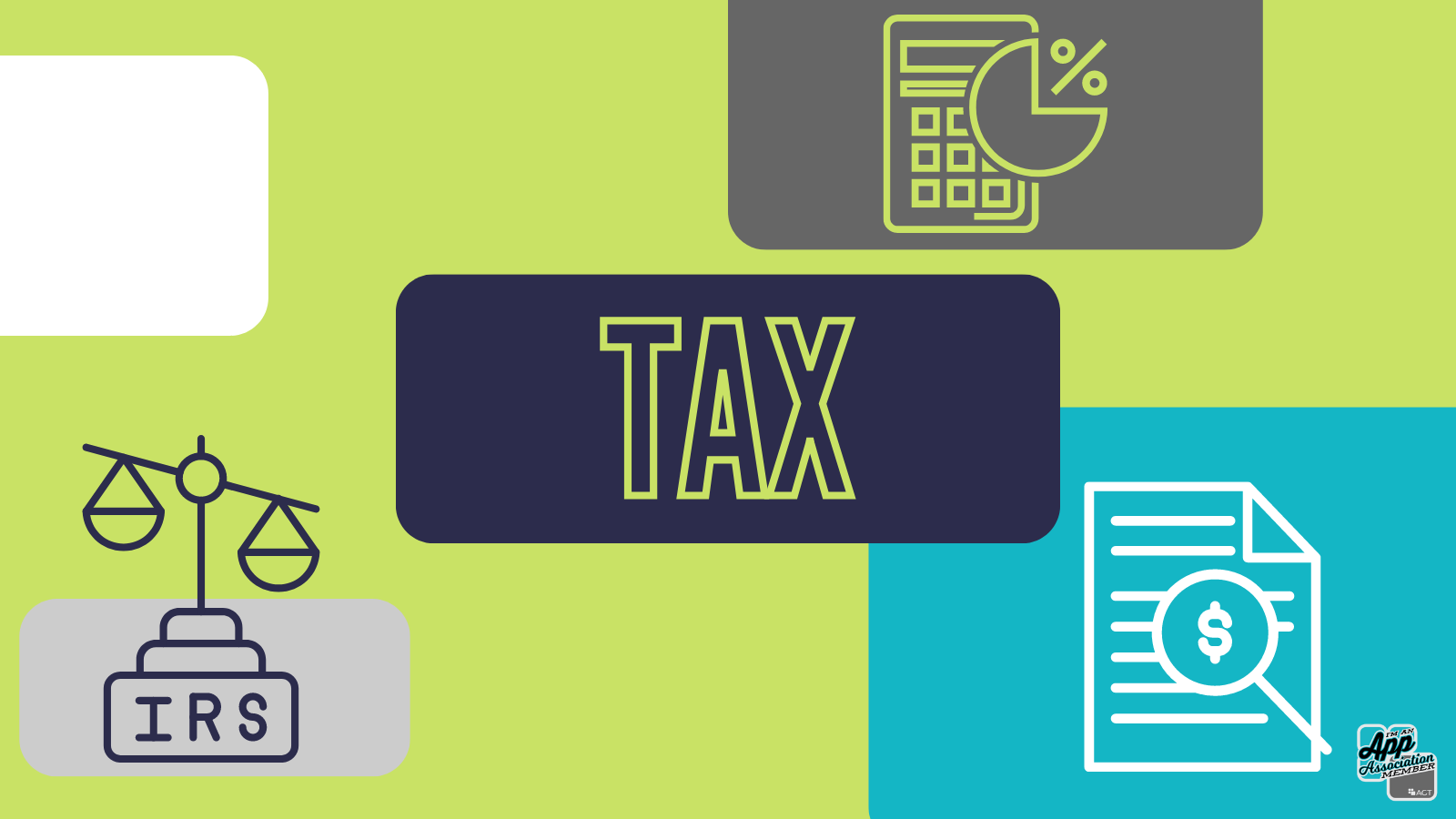Research and development (R&D) play a critical role in expanding our innovative ecosystem and supporting the small and medium-sized businesses we call members. Not only is R&D an opportunity for new and exciting investment opportunities and innovation, but it is essential to creating high-paying jobs across the app ecosystem. For example, every $1 billion in R&D spending supports about 17,000 jobs domestically, enabling American companies to compete with foreign rivals. To ensure a flourishing future for America’s diverse business landscape, policymakers must prioritize keeping R&D credits accessible to businesses of every size.
Background
Section 174 of the Internal Revenue Code enabled companies to deduct 100 percent of their R&D expenditures in the year they were incurred. However, the 2017 Tax Cuts and Jobs Act phased out this deduction, and businesses must now amortize these investments over the course of five years. The change disrupts a tax strategy that many of our small business members have depended on for more than 70 years. The now-expired deduction allowed smaller businesses to leverage this credit to invest, hire, and expand their business operations. Some small app companies—including those with only a handful of employees and certainly without a team of accountants—were shocked to learn of Section 174’s expiration and were forced to make painful changes to their budgets and business operations.
In a country particularly well known for inspiring technology and innovation, the current environment has unfortunately become too costly for many small businesses to invest in R&D, undermining smaller companies’ contribution to American leadership in technology and threatening the United States’ free market-driven advantages over other countries. Companies in countries across the world benefit from additional 100 percent “super deductions” from their own governments. Even prior to the Section 174 expiration, the United States ranked 27th out of 37 Organization for Economic Co-operation and Development (OECD) countries with respect to R&D incentives, a ranking we have undoubtedly lost due to Section 174’s expiration.
New Action
Luckily, in an effort toward fostering a more competitive and resilient innovative ecosystem, Congress has taken steps toward resolving this issue for small businesses by introducing bipartisan legislation with a long list of co-sponsors: The American Innovation and Jobs Act (S.866) and its nearly identical House-side companion bill, The American Innovation and R&D Competitiveness Act of 2023 (H.R. 2673). Both bills aim to directly restore the long-term R&D investment incentive by ensuring that companies can fully deduct R&D expenses each year, effectively ending the problematic changes created in 2017. The legislation would also expand refundable R&D tax credits for startups and small businesses by raising outdated credit caps from $250,000 to $500,000 and ultimately raising it to $750,000 over 10 years. This would also expand the credit for startups that cover R&D from 14 percent to 20 percent.
Although the Senate and House versions are nearly identical, one key difference between the two bills is that the Senate version includes a section that would retroactively pay businesses back for the year they could not take full advantage of Section 174.
In late June, alongside the pending long-term R&D provision bills, the House introduced a package of tax bills to incent R&D expenditures further. One such bill is The Build It in America Act (H.R. 3938), which would restore the pre-2022 Research and Experimentation expensing provisions, but would expire at the end of 2025. With this bill, businesses that have already filed their 2022 returns can amend or file a catch-up adjustment in 2023. Moreover, it allows businesses to calculate the interest limitation under 163(j) based on earnings before interest, taxes, depreciation, and amortization (EBITDA) until 2026 while also extending 100 percent bonus depreciation through 2026. While another effort to extend the immediate bonus depreciation provision is welcome, App Association members ultimately need to be able to rely on a permanent resurrection of Section 174.
In Conclusion
Section 174 R&D deductions provide American small businesses, like our members, with the right incentives to compete and grow on a global scale. Without these deductions, businesses across the United States are losing their opportunity to create and invest in new products and development teams, potentially losing our edge in the global marketplace.
As companies across the United States have had to take drastic actions to address this shortfall, Congress can protect the small businesses driving innovation and job creation across the country. The proposed legislation will offer a critical lifeline for our front-line developers and revive our R&D ecosystem. We’ll be sure to keep you informed on R&D-related legislation in the coming months.
